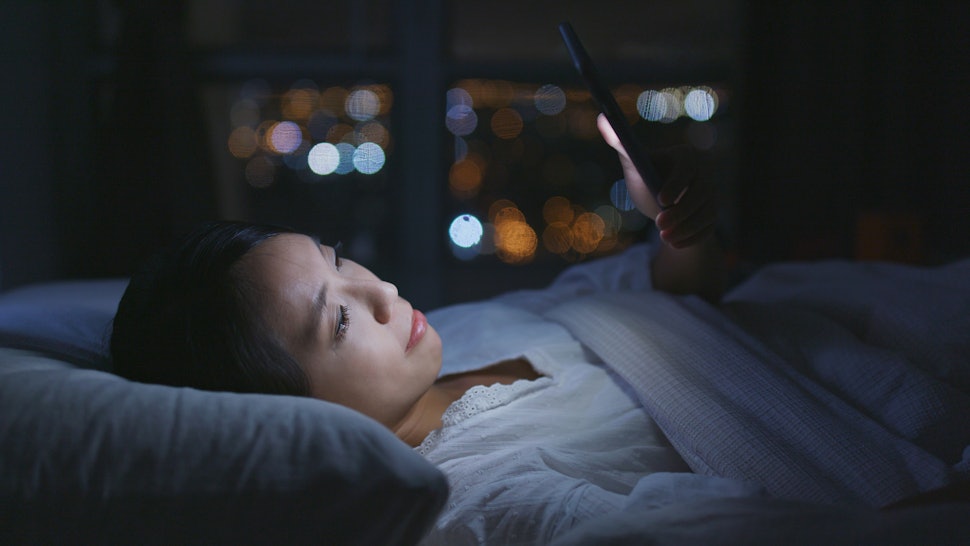A new study shows that there is another powerful factor that
drives sleeplessness.
The research comes from the Columbia University Vagelos
College of Physicians and Surgeons. Investigators analyzed records from 50,000
participants in a women’s health study. They compared rates of insomnia with
data on diet.
The researchers found that the higher a person’s dietary
glycemic index, the greater their risk for insomnia.
Insomnia is serious business. Its negative effects go beyond
next-day grogginess.
Studies show that not getting enough sleep is linked to
higher risks of heart attack, stroke, diabetes, depression, memory impairment,
lack of s*x drive, and shorter lifespan.
How do high-glycemic foods cause insomnia?
Dr. James Gangwisch was the study’s senior author. He said
that when blood sugar goes up quickly, “your body reacts by releasing insulin.”
The resulting drop in blood sugar “can lead to the release of hormones such as
adrenaline and cortisol, which can interfere with sleep.”
The study was based on women. But refined carbohydrates have
the same glycemic effect on almost everyone. So the authors say the findings
likely hold true for men as well.
Low-Carb Diet for Better Sleep
If you have trouble falling or staying asleep, try a
low-carb diet. It has a low glycemic index. Low-carb eating is simple.
Follow
these guidelines:
Avoid sugar and starchy foods like bread, pasta, rice,
beans, and potatoes.
Eat fish, eggs, non-starchy vegetables, and
natural fats like olive oil and butter.
Fruits that are high in fiber and low in sugar are OK. They
include berries, avocados, grapefruit, kiwis, pears, and watermelon. But avoid
fruit juices. They are typically high in sugar.
The most important rule of low-carb eating?
Avoid sugary
foods and drinks that push insulin higher, especially soda.
With a low-carb diet, you’ll not only sleep better, you’ll
be overall healthier.










